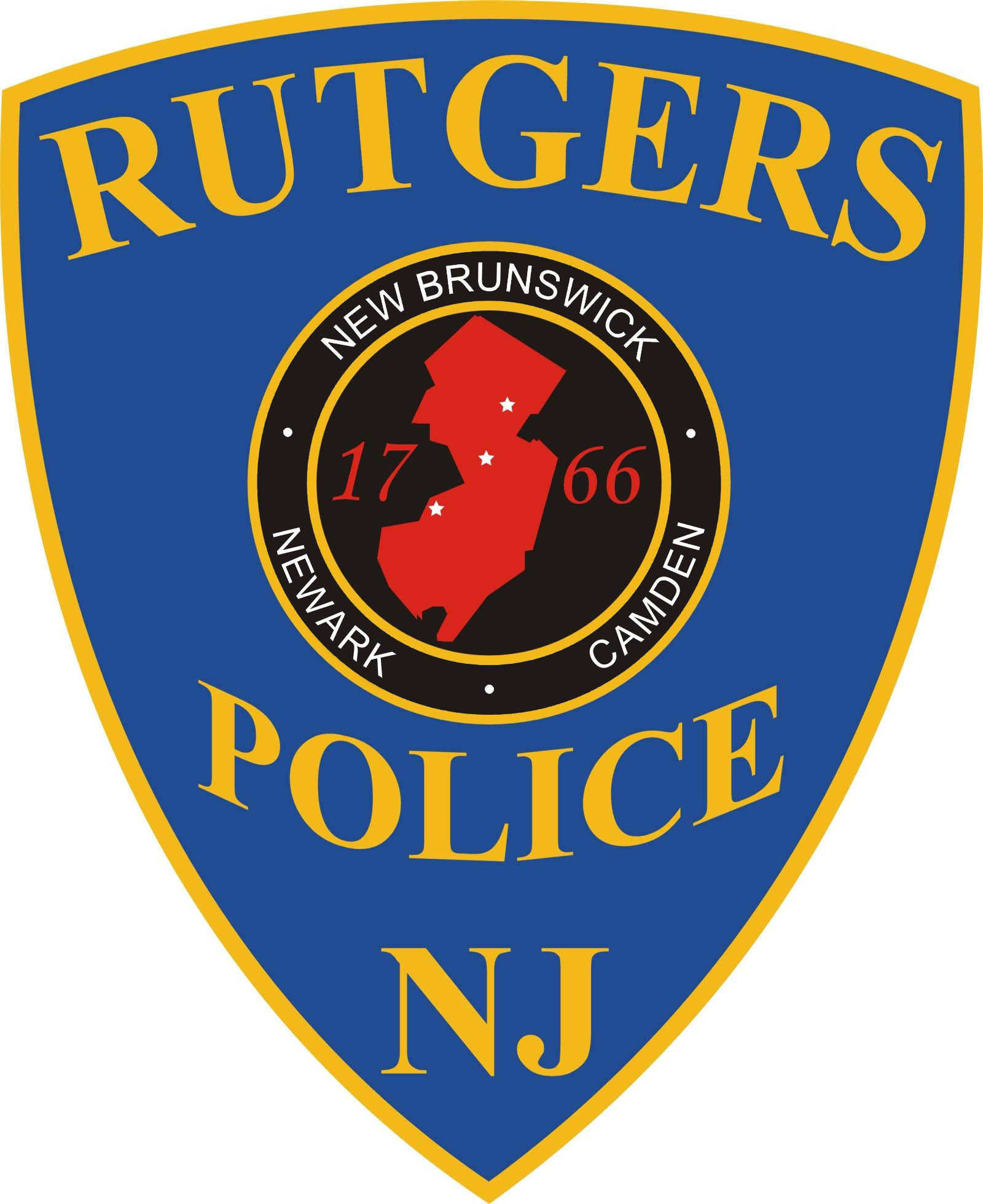The 911 Center strives to inform the general public on the appropriate use of 911 emergency services. The Department recognizes that the needs of each situation are often unique and our goal is to meet these needs efficiently and effectively.
To meet these goals, concerted efforts are made to provide public awareness of when to call and when not to call 911. Listed below are some examples of when to dial 911 and when not to dial 911. This is by no means a complete list but is offered as a general guide.
- When to Call 911
-
Any immediate or potential threat to life or property Any vehicle accident
- Any medical emergency
- Any fire emergency
- Any suspicious persons, vehicles, or activity
- Any type of fight or disturbance
- Any other actual or perceived emergency
- When NOT to Call 911
-
- Power outages
- To see if school is closed
- Directions
- Telephone problems
- Water/plumbing problems
- When calling can put you in danger (text to 911 available in NJ)
- What to know when calling 911
-
911 is the one phone number our citizens can count on for immediate help during an emergency from a traffic accident to a life-or-death medical crisis. While many people know that by dialing that number, they can expect an ambulance, firefighters, or the police, many don't understand the importance of the questions asked during a call and how they can help dispatchers respond faster and better.
When presented with a 911 call the communication center operator will ask various questions. The most basic question utilized by the operator is:"9-1-1, where is your emergency?"
Most emergencies occur in or around the home, however, with the introduction of wireless technology (cell phones), it is now incumbent upon the 911 operator to ascertain the exact location of the call.
Please provide as much information with regard to the address as possible (cross streets, etc.).


